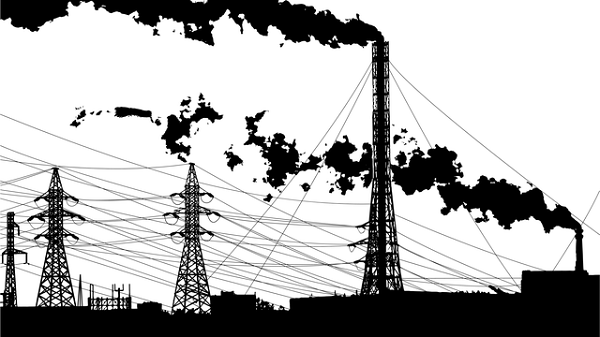
A carbon tax is a tax imposed on coal, oil products, and natural gas in order to reduce CO2 emissions into the atmosphere.
The Netherlands is the first country in the world to impose a carbon tax on industrial pollution from 2021.
The imposition of carbon taxes is an economic concept intended to discourage carbon emissions by making them expensive. Because carbon dioxide emissions are considered to constitute a negative externality, they may be priced in order to make clean technologies that produce less or no emissions more fairly competitive. Although it is generally believed that the use of carbon taxes is one of the easiest, most fair and straightforward solutions to carbon emissions, it is very difficult to win support and approval for such taxes mainly because they will be most effective only as a global solution. At present, there are many countries with some forms of carbon tax, but these usually allow for many exemptions. Theoretically, a carbon tax should be imposed on fossil fuels in proportion to the carbon content of each. Industries and fuel suppliers who will pay the tax would then subsequently pass the costs on to consumers, who will be motivated to prefer low-carbon or renewable energy.
Uhlíková daň je daň uvalená na uhlí, ropné produkty a zemní plyn za účelem snižování emisí CO2 v atmosféře.
Nizozemí je první zemí na světě, která od roku 2021 uvalila uhlíkovou daň na znečištění z průmyslu.
Uvalení uhlíkové daně je ekonomický koncept, který má omezit emise uhlíku tím, že z nich udělá drahou záležitost. Protože emise uhlíku jsou považovány za tzv. negativní externalitu, můžeme jim určit cenu tak, aby čisté technologie, které produkují málo nebo žádné emise byly férověji konkurenceschopné. Ačkoli se má obecně za to, že uhlíkové daně jsou asi to nejjednodušší, nejférovější a nejpřímější řešení uhlíkových emisí, je těžké pro ně získat podporu a souhlas, zejména kvůli tomu, že by fungovaly nejefektivněji jako globální řešení. Aktuálně je mnoho zemí, které mají nějakou formu uhlíkové daně, nicméně ta obvykle zahrnuje mnoho výjimek. Teoreticky by uhlíková dan měla být uvalena na fosilní paliva proporcionálně k obsahu uhlíku každého z nich. Průmysl a dodavatelé paliv, kteří by daň platili, by náklady přesunuli na spotřebitele, kteří by pak byli motivováni upřednostňovat nízkouhlíkovou nebo obnovitelnou energii.
English Editorial Services’ mission is to assist international businesses and organizations of all sizes to communicate clearly, correctly, and persuasively with their business partners and target audiences.
Simply subscribe to receive our Business Term of the Day at no charge to your inbox each business day, with explanation in English and Czech.



English Editorial Services’ mission is to assist international businesses and organizations of all sizes to communicate clearly, correctly, and persuasively with their business partners and target audiences.
Simply subscribe to receive our Business Term of the Day at no charge to your inbox each business day, with explanation in English and Czech.

